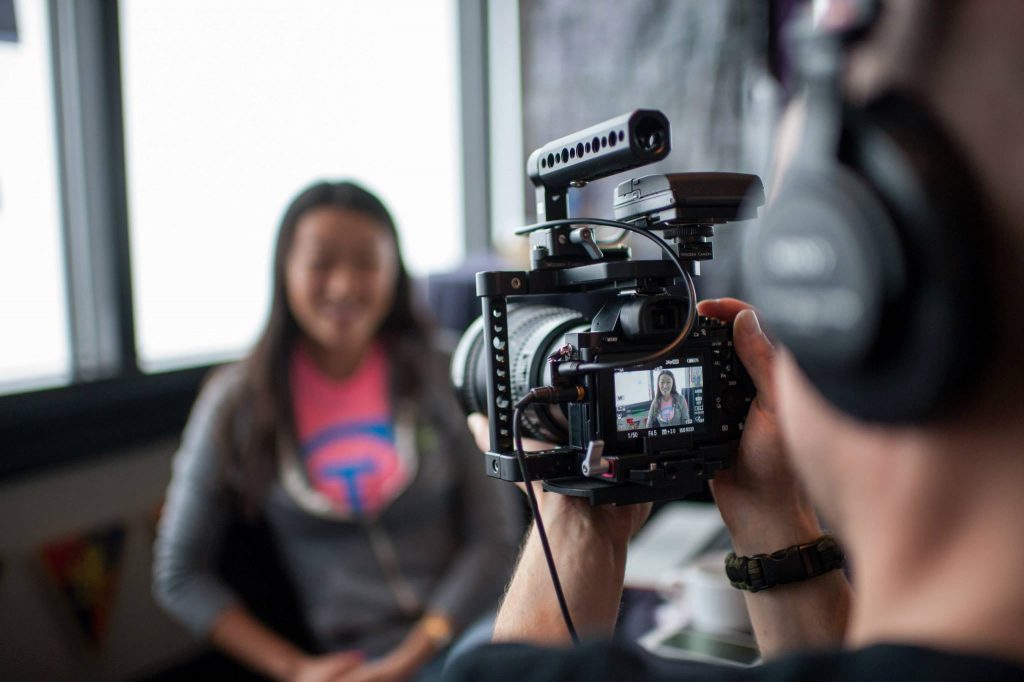 With developments and demands on the rise, video is becoming an increasingly popular format for advertisements and is poised to take over the more traditional static format.
Static ads still currently dominate ad placements, but one in four media professionals believe video adverts will become “the norm” in the digital ad-format world. ExchangeWire research supports this perspective, reporting that video is predicted to become the standard within the next two years.
With most consumers viewing videos on their mobile phones, what should advertisers and traffic partners be using as key metrics to measure success?
With developments and demands on the rise, video is becoming an increasingly popular format for advertisements and is poised to take over the more traditional static format.
Static ads still currently dominate ad placements, but one in four media professionals believe video adverts will become “the norm” in the digital ad-format world. ExchangeWire research supports this perspective, reporting that video is predicted to become the standard within the next two years.
With most consumers viewing videos on their mobile phones, what should advertisers and traffic partners be using as key metrics to measure success?
Start by understanding how people consume video
“World-wide, consumers are devouring nearly 20 minutes a day of videos on mobile devices compared to 16 minutes on fixed devices — smart TV and desktop devices,” according to a Zenith Optimedia study. Users are consuming more video than ever, especially on mobile. In 2020, video will drive around 80% of the total global internet traffic. Advertisers want to produce more videos, while publishers want to provide more video formats and inventory. An IAB report proves this, too. Average video ad spend has nearly doubled in the last three years to over $10 million, taking an anticipated 57% of total digital advertising budget in 2016. This is being driven by social networks such as Facebook, SnapChat and even Pinterest, as their users soak up and engage more than ever with “live videos” and “stories.” With other technological advances such as 4G and 5G together and cheaper mobile data plans, help these social platforms overtake the likes of YouTube to battle it out to become our preferred mobile video platform. As businessman Richard Branson has famously said, “Business opportunities are like buses, there’s always another one coming.”The measurement challenge
This growth doesn’t come without its challenges. According to IAS, top challenges for mobile video are measurement, budget and ROI. This makes we wonder why viewability and engagement are being used for measurement. Advertisers may be getting their measurement education from publishers that have a bias towards their own platforms. I believe the industry needs to look beyond impressions, viewability, engagement or clicks and ask one simple question, “What’s our objective for this ad campaign?” Creating an objective and using it to measurement the effectiveness, with KPIs/goals along the way, will put advertisers and traffic partners in a much stronger position to warrant the success of; the traffic partner, the publisher and the campaign itself.Becoming invincible: an objective-based approach
The Arsenal Football Club became known as “The Invincibles” in 2004, after completing an entire season undefeated. Video is well on its way to becoming the invincible format, especially as marketers allocate larger amounts of their ad-spend to video. Revenue is expected to show an annual growth rate (CAGR 2016-2021) of 17.2% resulting in a market volume of US $7,463 million in 2021, according to Statista. UK alone will have a market volume of $2,533 million in 2021. Especially with all the opportunities for innovation arising from 360-degree videos, location-based videos and virtual reality videos (which I’m looking forward to). With an objective-based thinking approach for a mobile video ad campaigns, along with the right key performance indicators, we will see mobile video ads become “The Invincible” format in the advertising world.Before you go, make sure to download The Ultimate Guide to Mobile Partner Marketing — a must-read for anyone who works with mobile marketing campaigns and performance-based partnerships (in other words, affiliate marketing).
Author
Becky is the Senior Content Marketing Manager at TUNE. Before TUNE, she handled content strategy and marketing communications at several tech startups in the Bay Area. Becky received her bachelor's degree in English from Wake Forest University. After a decade in San Francisco and Seattle, she has returned home to Charleston, SC, where you can find her strolling through Hampton Park with her pup and enjoying the simple things in life.





Leave a Reply
You must be logged in to post a comment.